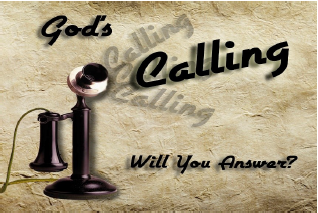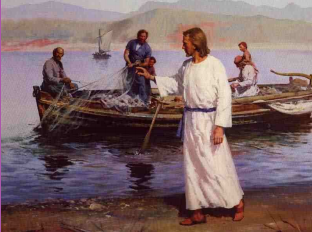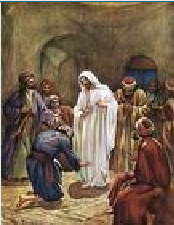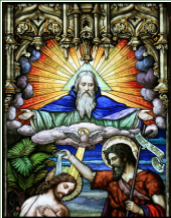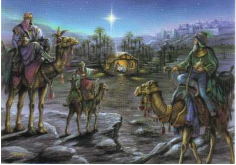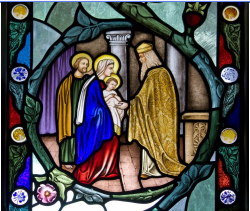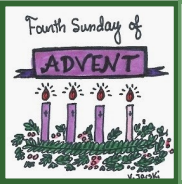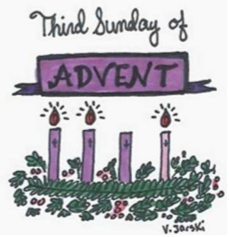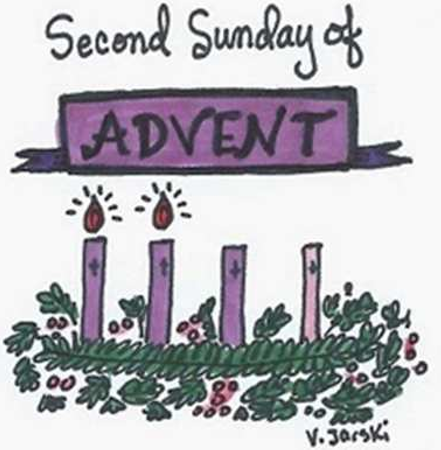Love & Marriage
https://stmarystcatherine.org/wp-content/themes/osmosis/images/empty/thumbnail.jpg 150 150 Charlestown Catholic Collaborative Charlestown Catholic Collaborative https://stmarystcatherine.org/wp-content/themes/osmosis/images/empty/thumbnail.jpgIt is one of those remarkable paradoxes that while it is popularly perceived that the earliest days of a marriage are the most wonderful – it is not as clearly recognized that those same days can be some of the most challenging! Increasingly couples are marrying a bit later in life after their education and beginning a career.
Some have lived alone out of their own home for a time and adapting to life with another is not automatic. Large numbers of couples live together before getting engaged and deciding to marry. One perception is that this is a prudent decision – in order to get to better know each other before deciding if there is a future to the relationship. Ironically the failure rate of these marriages exceeds those of couples who choose not to cohabitate before marriage. And in all cases, every married and engaged couple knows that the failure rate of marriage in America is now epidemic – almost 50% of all marriages will fail, ending in separation and divorce.
The amount of pain and sadness, depression and sense of failure, guilt
and blame in every one of these marriages is staggering. There are no winners. It is clearly the case that some marriages, in hindsight, should not
have happened. The inability of one or the other of the partners to enter into the commitment was not seen at the time, and later on painfully comes to light. The ending of such marriages, traumatic as that is, may be best for
everyone. Additionally it probably follows if such a large number of marriages fail, that many of those that do not also have struggles – that making a marriage “work” is anything but easy. Yet the hard work of marriage is not a common or popular topic – maybe it should be.
Think about it: “I take you ___ for my lawful wife/husband, to have and to hold, from this day forward, for better, for worse, for richer, for poorer, in sickness and in health, until death do us part.” How can an ordinary person of sound mind make such a promise? The immensity of the commitment seems to me beyond comprehension! For one thing, it is so unconditional and for another it is forever. The point being, the actual capacity for making and for keeping such a vow seems to demand more than any human can deliver. And it may be just in that truth that one needs to search for the answer of how such a vow can be kept.
The Catholic Church celebrates marriage as one of the seven sacraments. We profess that God is active, involved in and a source of Grace to a man and woman as they embrace marriage. And it is precisely this promise that God is a part of the relationship that invites the engaged couple to be amazed at the gift of their Love that is the very source of the capacity to make and keep the marriage vow.
With this foundational understanding as an integral part of married life,
the entire experience of the vocation of marriage takes on a different dimension. It is a holy life! It is a life of loving, sharing, forgiving, supporting, cooperating, tolerating, celebrating and loving again. Accepting that one’s life partner is flawed and not always attractive; selfish and not always generous; petty and not always kind, and so much more, is hard work! Living within a loving relationship always seems to bring out the best of us and the worst of us. In fact one’s marriage will likely bring to light one’s own need to grow and mature in new ways. And it is precisely because Love is present that each person can honestly accept themselves,
be forgiving, patient and understanding and go forward.
We read in Sacred Scripture: “Love is of God … for God is Love” (1 John 4:7).
Perhaps one dimension of the crisis in marriages in our time is the failure to recognize the very nature of Love. A marriage that will endure and flourish is grounded in Love and from Love everything flows, and to Love, everything returns. And because of Love, the hard work of marriage is not only possible but can be lovingly undertaken – with good results.
Next Sunday, we celebrate World Marriage Day. Married couples who come to Mass will be invited to restate their vows and celebrate the love they have found in one another that grows and perseveres “for better, for worse;
for richer, for poorer; in sickness and in health; to love and to cherish.”
Fr. Ronan
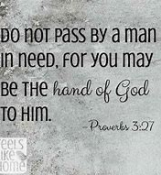
Fifth Sunday in Ordinary Time
February 6/7, 2021
In today’s Gospel we encounter a great number of suffering people who seek the healing touch of Jesus:
“The whole town was gathered at the door.”
Jesus could not possibly respond to them all. But the Gospel also reveals Jesus, after praying in solitude, sensing an urgency to proclaim the Good News of his Father’s love to those who suffer in the nearby villages and
towns and being present to them.
Stewards are called to follow in Jesus’ footsteps, to respond to those who suffer with compassion.
How are we responding to the suffering in our world?
How are we using our gifts to continue the work of Christ’s redemptive healing?

